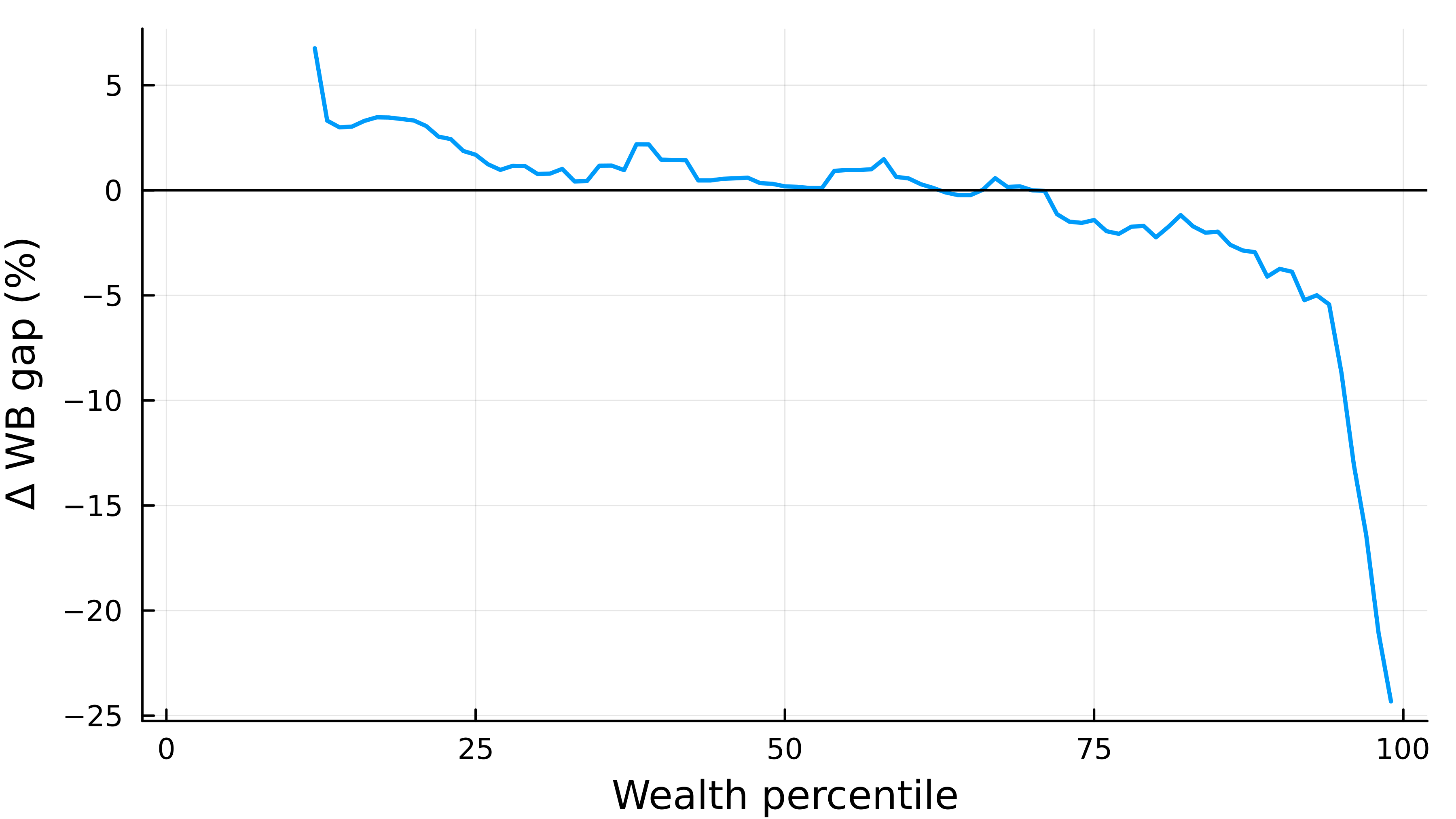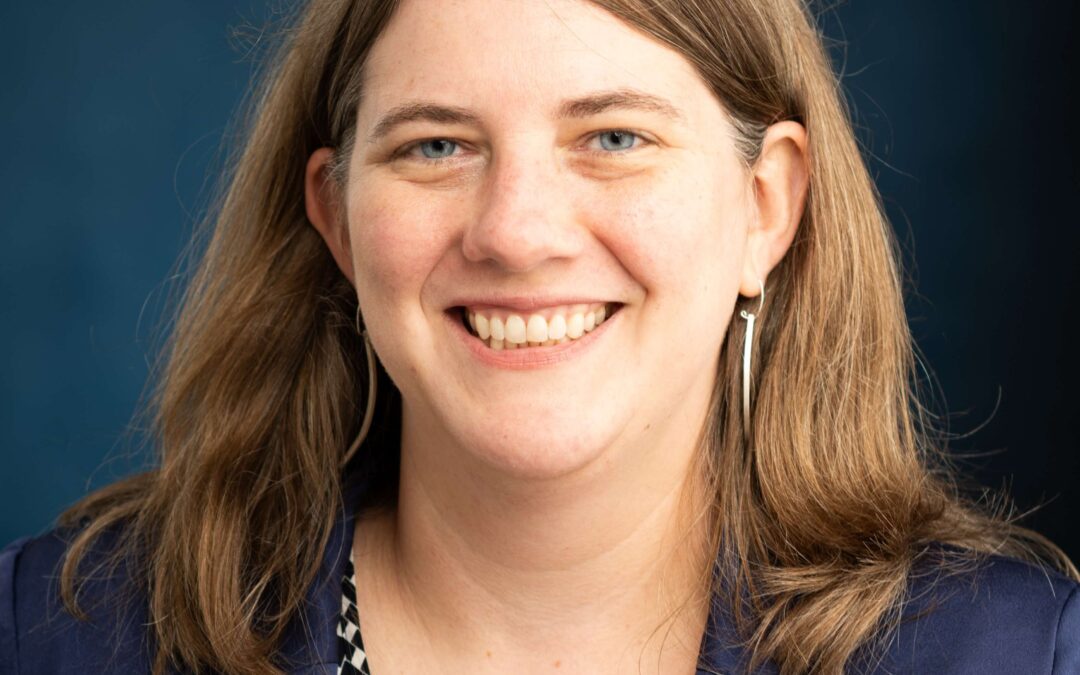How do government policies shape inequality and influence economic decision-making? Stone Center for Inequality Dynamics Student Associate Zsigmond Pálvölgyi, PhD candidate in Economics at U-M, explores this question in his job market paper, “Did Decreasing Residential Segregation Reduce Racial Wealth Inequality?”
The paper addresses the impact of the 1968 Fair Housing Act (FHA) and examines whether the FHA contributed to decreasing segregation and increasing housing wealth among Black families.
“My research illustrates housing policies’ heterogeneous effect on wealth inequality and shows that, as an unintended consequence, most of these policies’ positive effects could easily be concentrated among already wealthy and non-targeted families,” he explained. “While desegregation policies could have had some negative effects at the middle of the wealth distribution, they still provided broader economic opportunities for Black families,” he said.

In addition to his primary research, Pálvölgyi is exploring other topics, such as the impact of racial covenants on home prices and neighborhood movements. He is also investigating how climate change might affect wealth inequality by simulating migration scenarios from the southern to the northern United States.
From Finance and Accounting to Economics
Pálvölgyi’s career path took shape early on, influenced by his family’s professional background. His father was an engineer, and his mother held a managerial position in a grain trading company. Initially torn between forest engineering and economics in high school, he chose to pursue finance and accounting, aiming to follow in his mother’s footsteps. This decision led him to the Corvinus University of Budapest, where his interest in macroeconomics emerged during his undergraduate studies.
“I had a longstanding interest in macroeconomics. I really wanted to study taxation and public finances,” Zsigmond said.
After earning his bachelor’s degree in Finance and Accounting, Pálvölgyi continued his education at Corvinus University, obtaining an MA in Economic Analysis. This was followed by an MA in Economics from Central European University. “During my master’s program, I realized I wanted to pursue a PhD,” he said. Zsigmond wanted to come to the United States so that he could study inequality in the U.S. and enrolled in the University of Michigan’s PhD program in Economics.
Pálvölgyi’s research focuses on labor and public economics, with a particular interest in how governmental policies affect inequality. “I study how policies shape inequality and how this influences economic decision-making,” he explained. His work aims to inform discussions and policy decisions that address inequality and promote economic justice. Learn more about Zsigmond’s work at: zsigmond-palvolgyi.github.io/.

